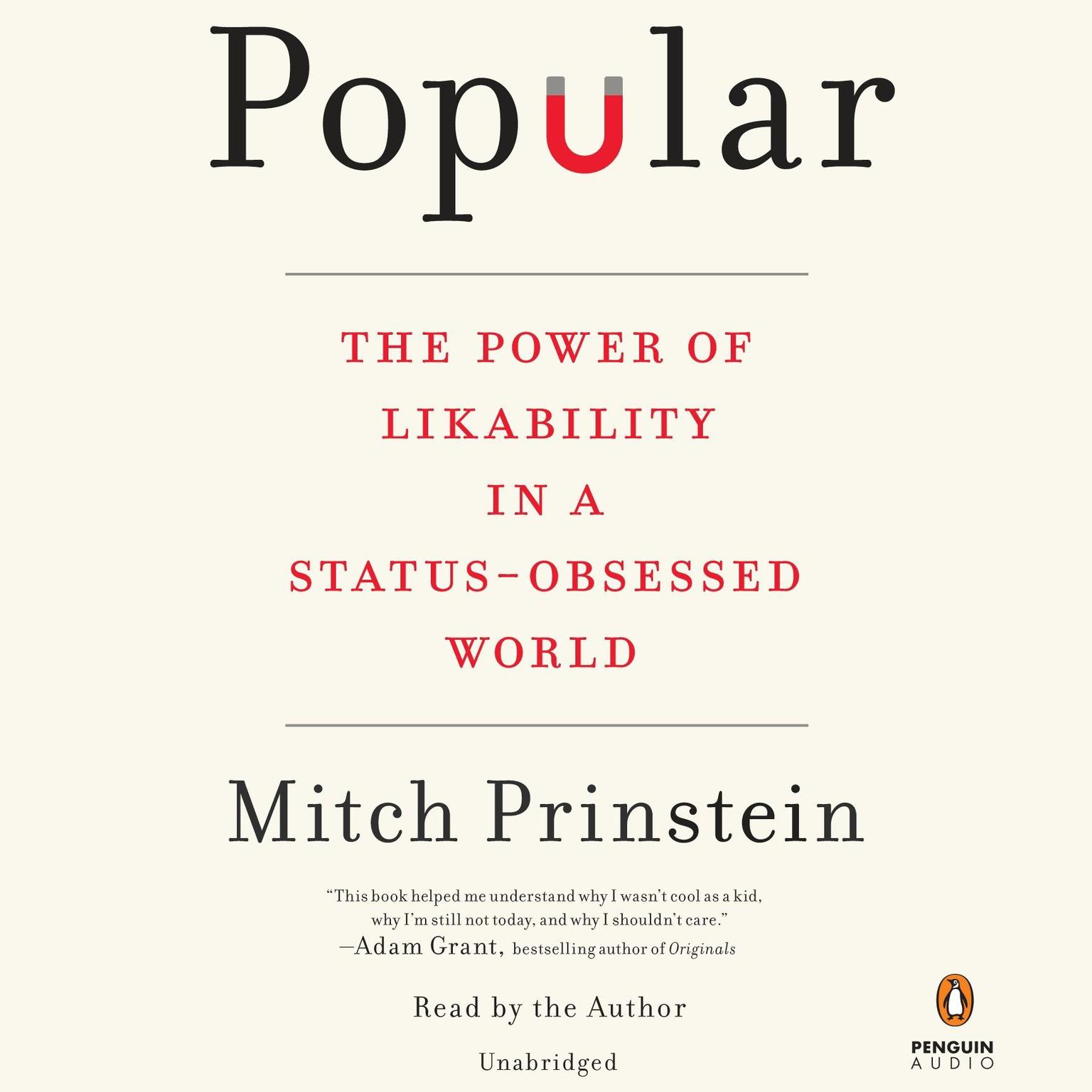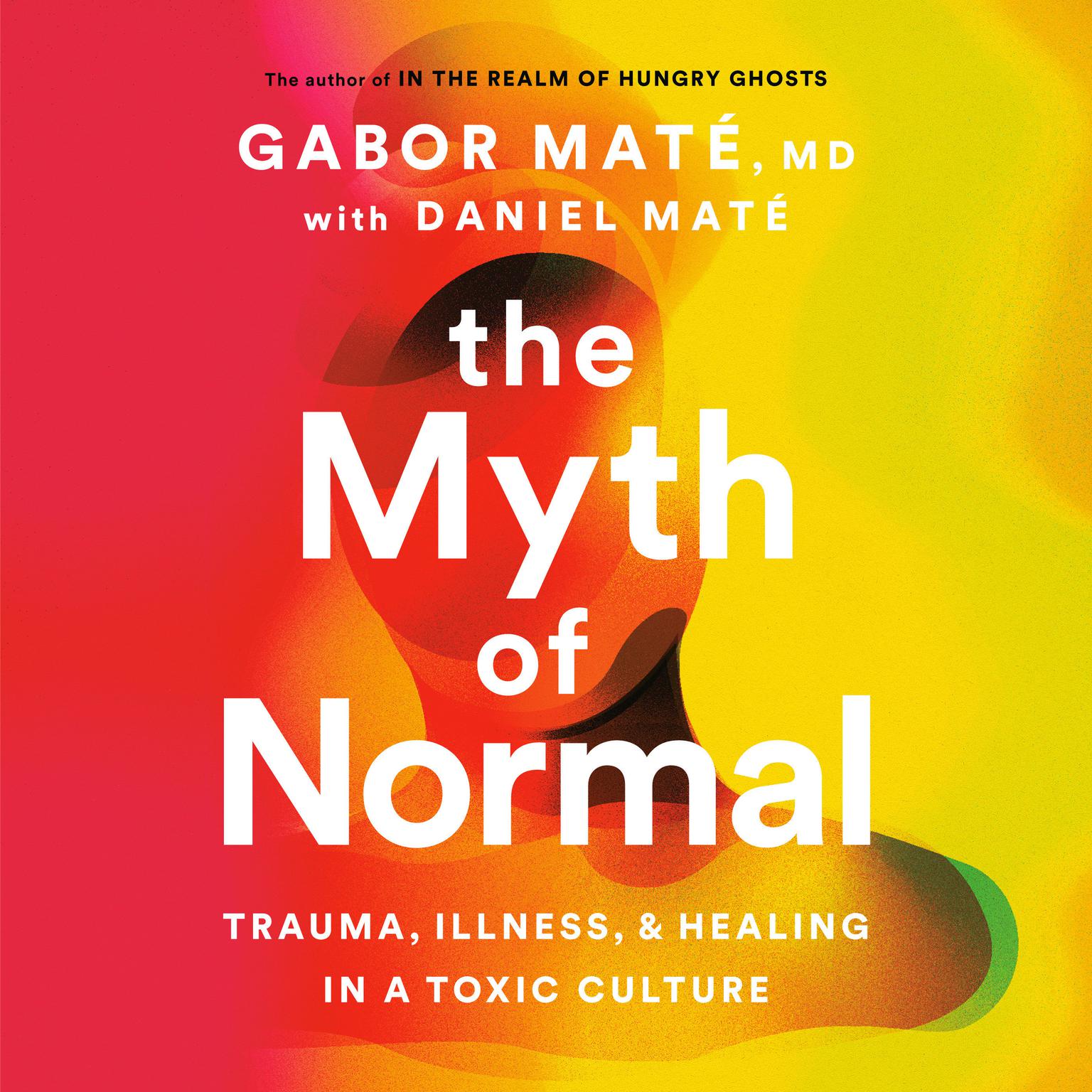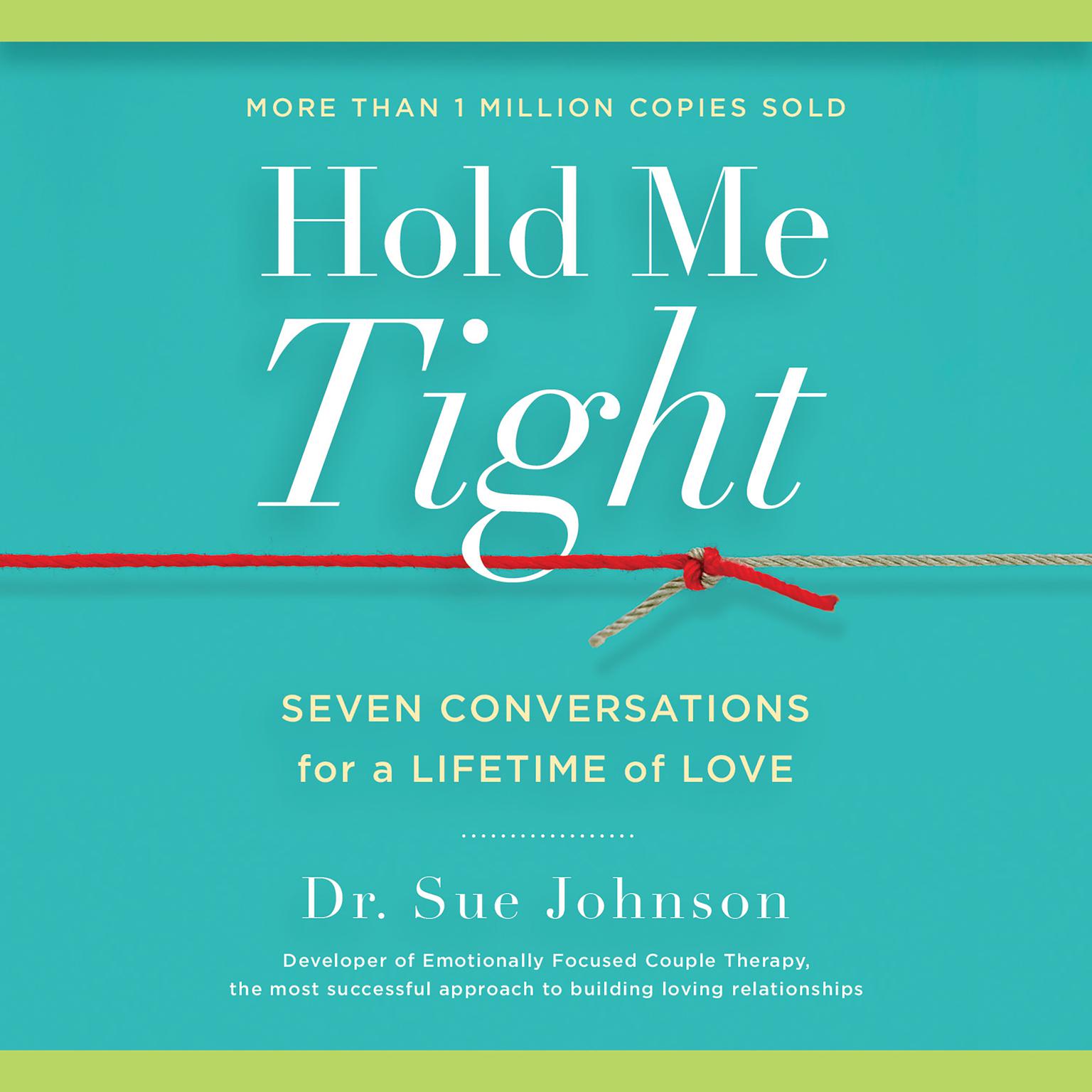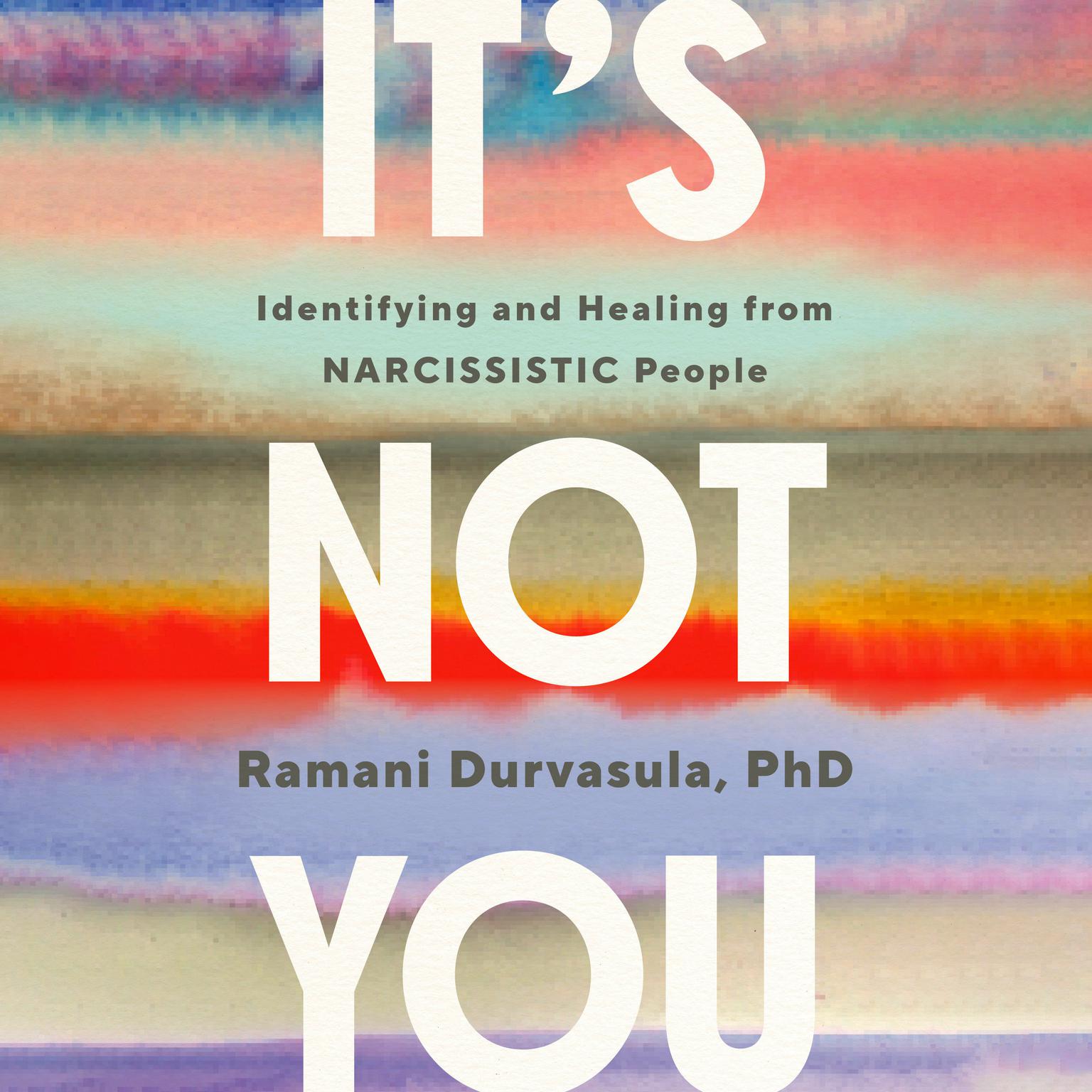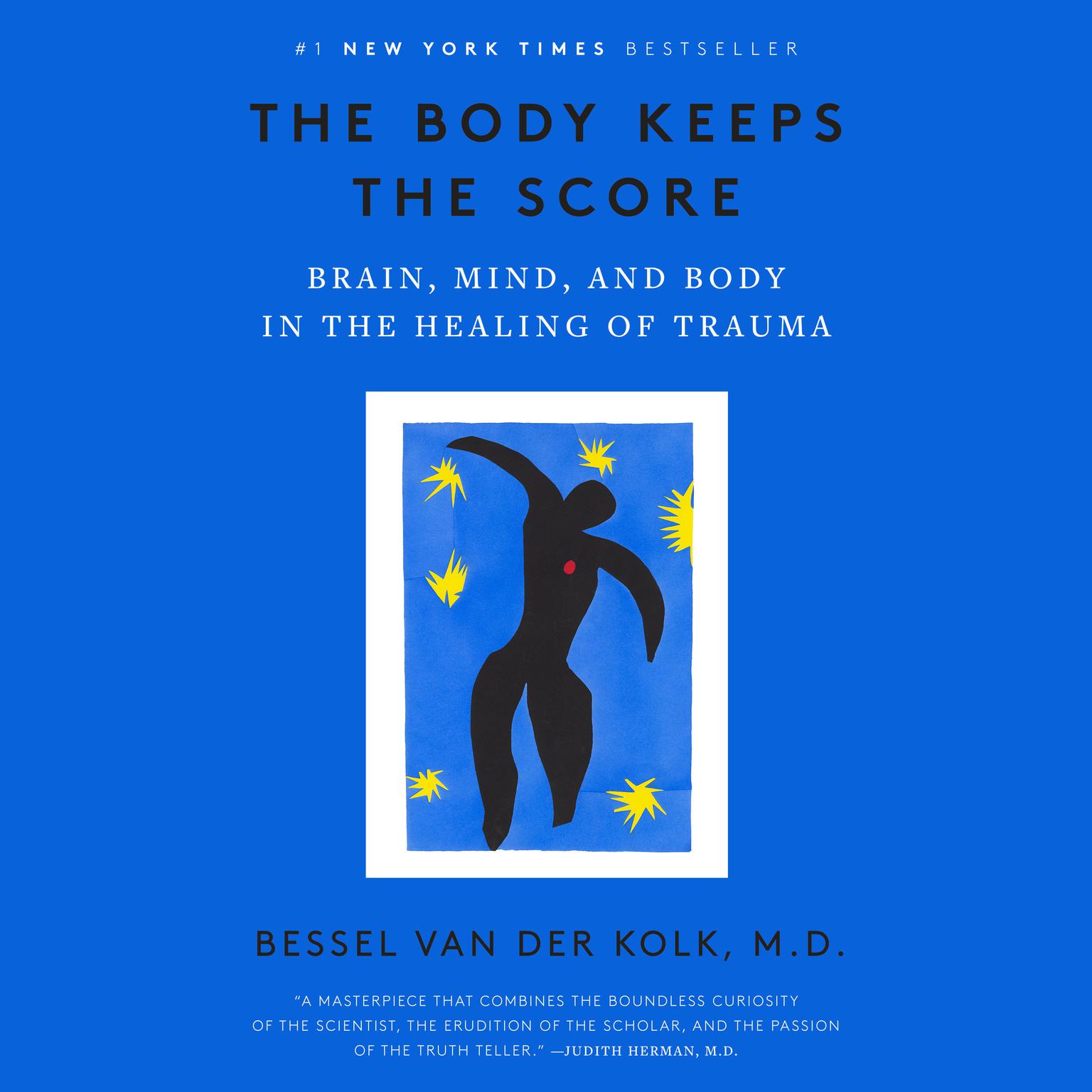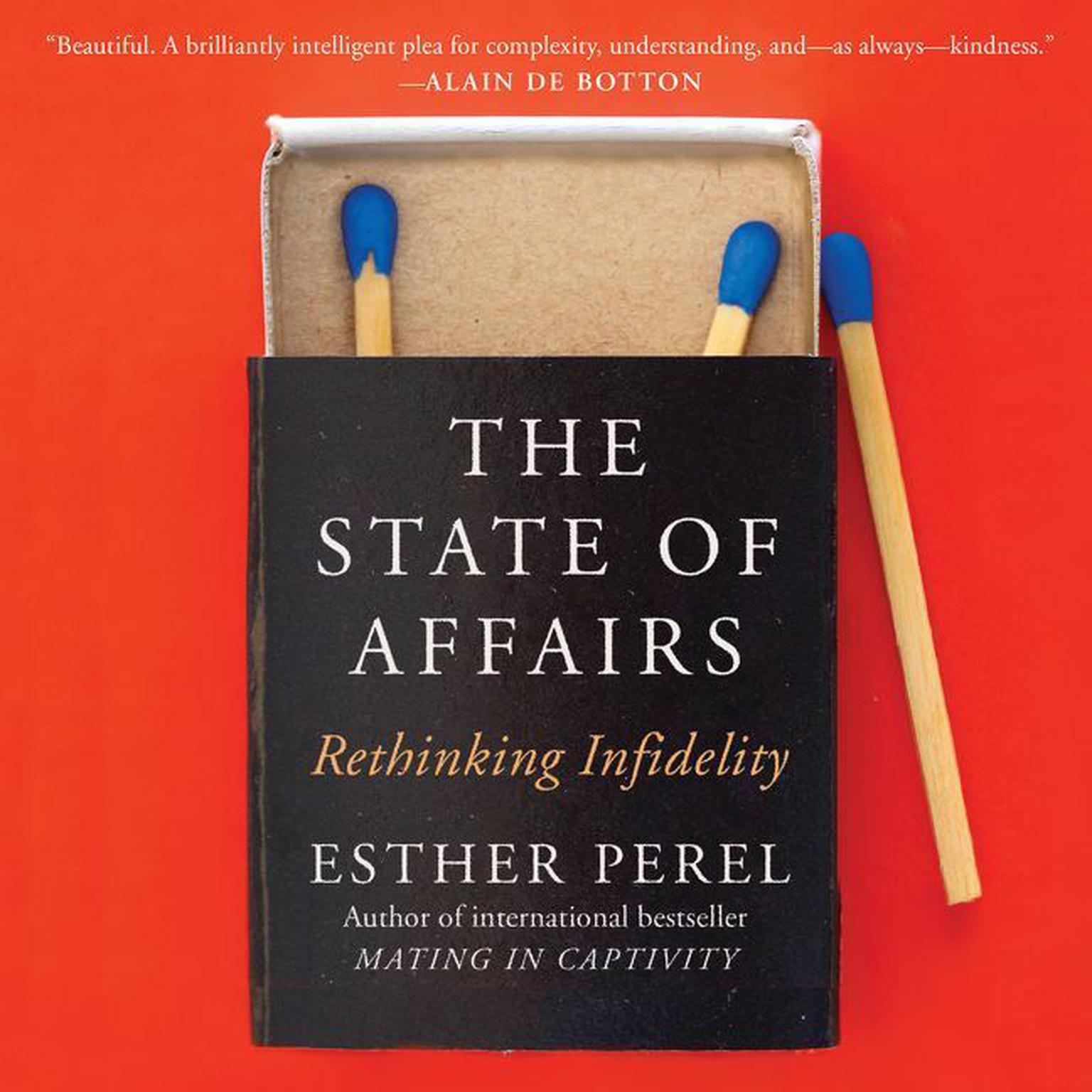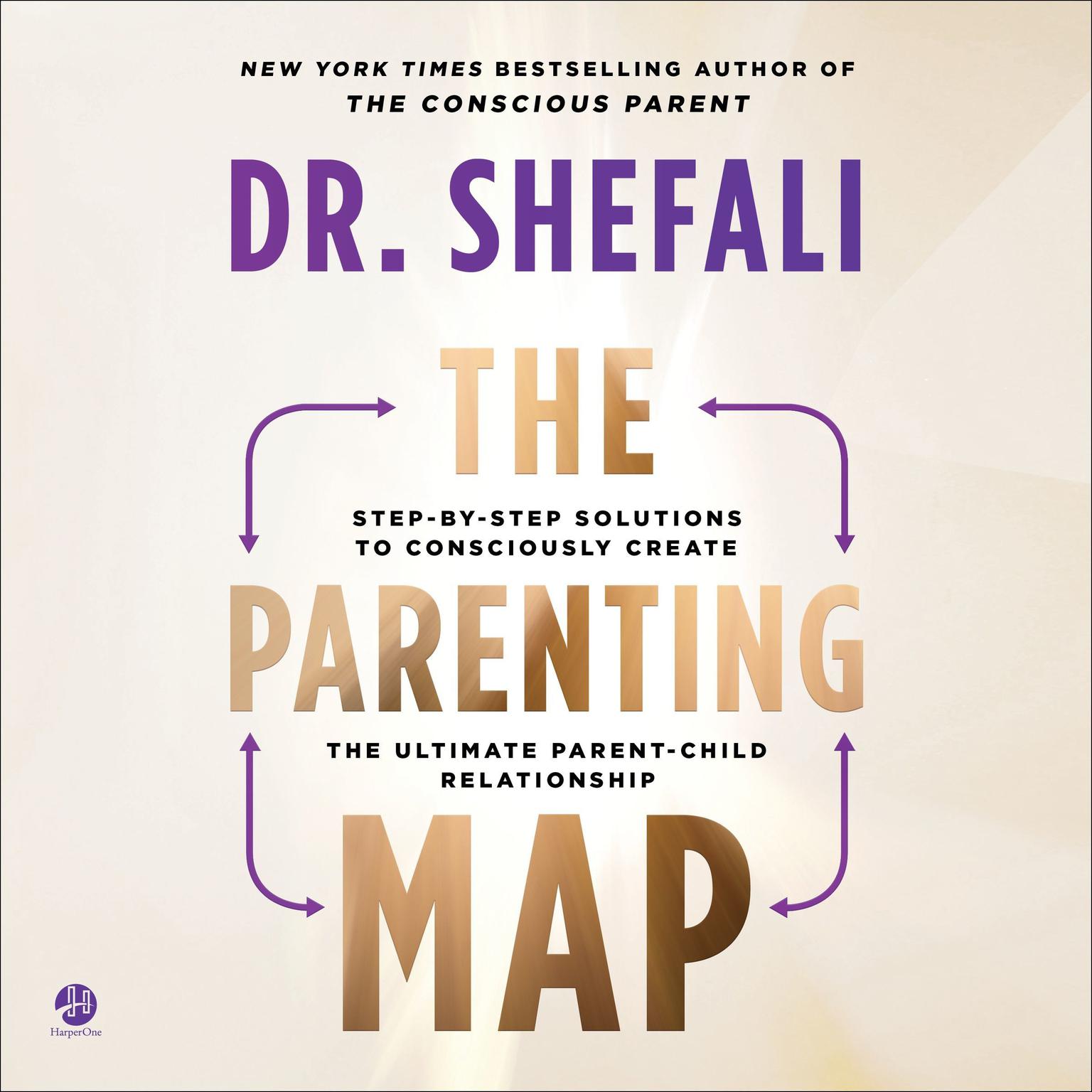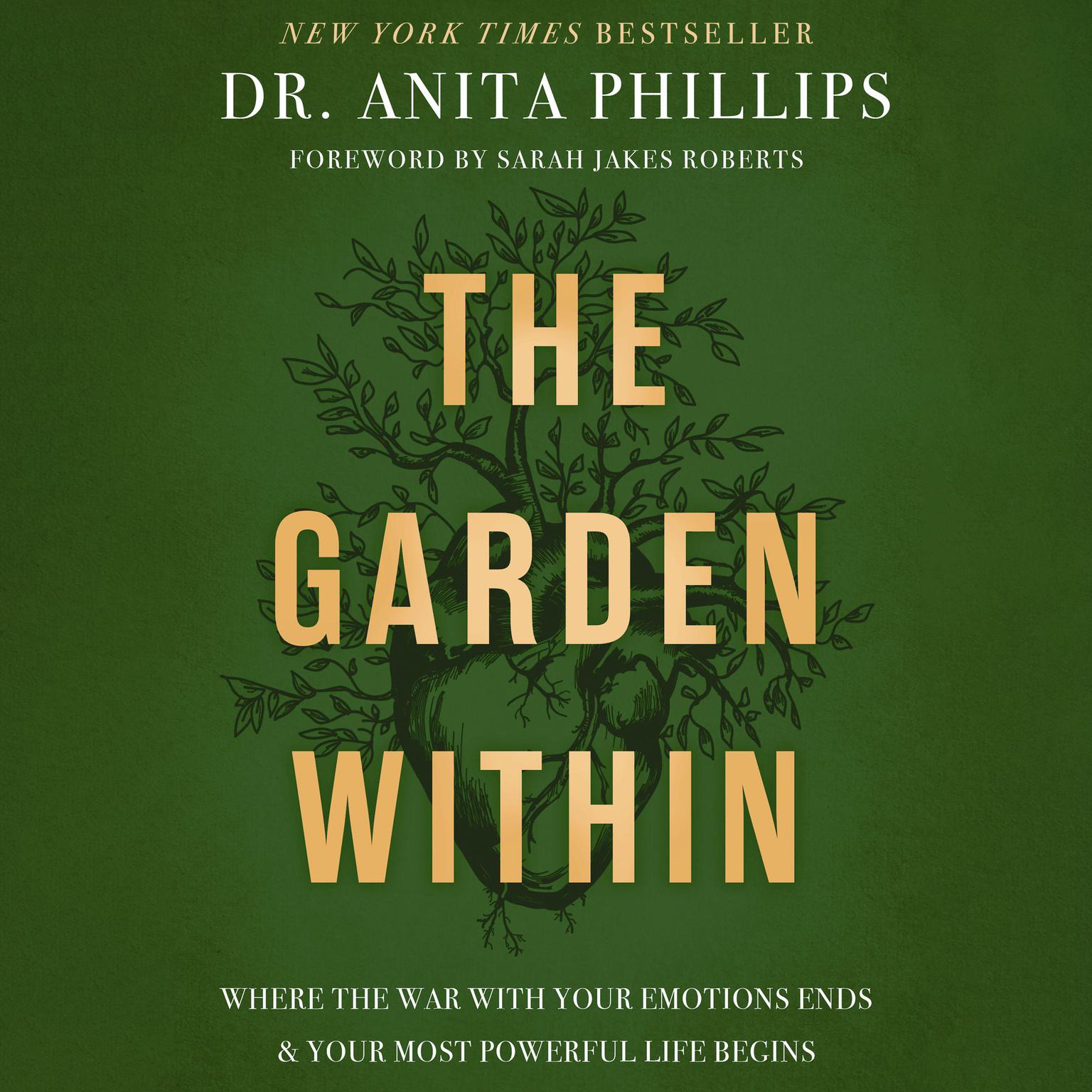Publisher Description
A leading psychologist examines how our popularity affects our success, our relationships, and our happiness—and why we don’t always want to be the most popular
No matter how old you are, there’s a good chance that the word “popular” immediately transports you back to your teenage years. Most of us can easily recall the adolescent social cliques, the high school pecking order, and which of our peers stood out as the most or the least popular teens we knew. Even as adults we all still remember exactly where we stood in the high school social hierarchy, and the powerful emotions associated with our status persist decades later. This may be for good reason.
Popular examines why popularity plays such a key role in our development and, ultimately, how it still influences our happiness and success today. In many ways—some even beyond our conscious awareness—those old dynamics of our youth continue to play out in every business meeting, every social gathering, in our personal relationships, and even how we raise our children. Our popularity even affects our DNA, our health, and our mortality in fascinating ways we never previously realized. More than childhood intelligence, family background, or prior psychological issues, research indicates that it’s how popular we were in our early years that predicts how successful and how happy we grow up to be.
But it’s not always the conventionally popular people who fare the best, for the simple reason that there is more than one type of popularity—and many of us still long for the wrong one. As children, we strive to be likable, which can offer real benefits not only on the playground but throughout our lives. In adolescence, though, a new form of popularity emerges, and we suddenly begin to care about status, power, influence, and notoriety—research indicates that this type of popularity hurts us more than we realize.
Realistically, we can’t ignore our natural human social impulses to be included and well-regarded by others, but we can learn how to manage those impulses in beneficial and gratifying ways. Popular relies on the latest research in psychology and neuroscience to help us make the wisest choices for ourselves and for our children, so we may all pursue more meaningful, satisfying, and rewarding relationships.
Download and start listening now!
What makes Popular fascinating [is] the depth with which Prinstein explains the world in its perma-Mean Girls ways. . . . His book reads as a cheerful overview: an exploration of popularity as both a sociological phenomenon and a physiological one. Prinstein is a lively writer, and he illustrates his arguments with personal anecdotes [and] with evocative turns of phrase. . . . Here, via a professor who has studied popularity and its effects, is a book that is frustrated with all the pretense. Popular, as its title suggests, wants us to talk about its subject—forthrightly and, perhaps more to the point, unabashedly. It wants us to question the power that popularity—status, in particular—exerts on our lives. It offers insights that are bolstered by research; it also, more broadly, gives the concept of popularity a specific language, and an insistent voice.
—
Megan Garber, The Atlantic
